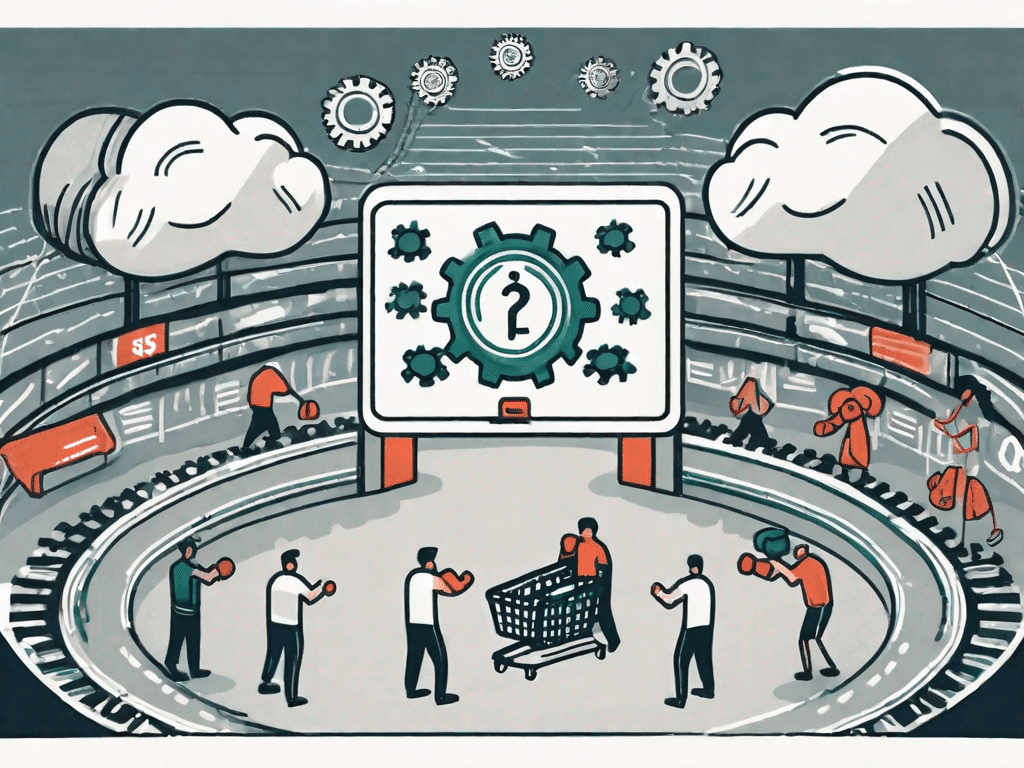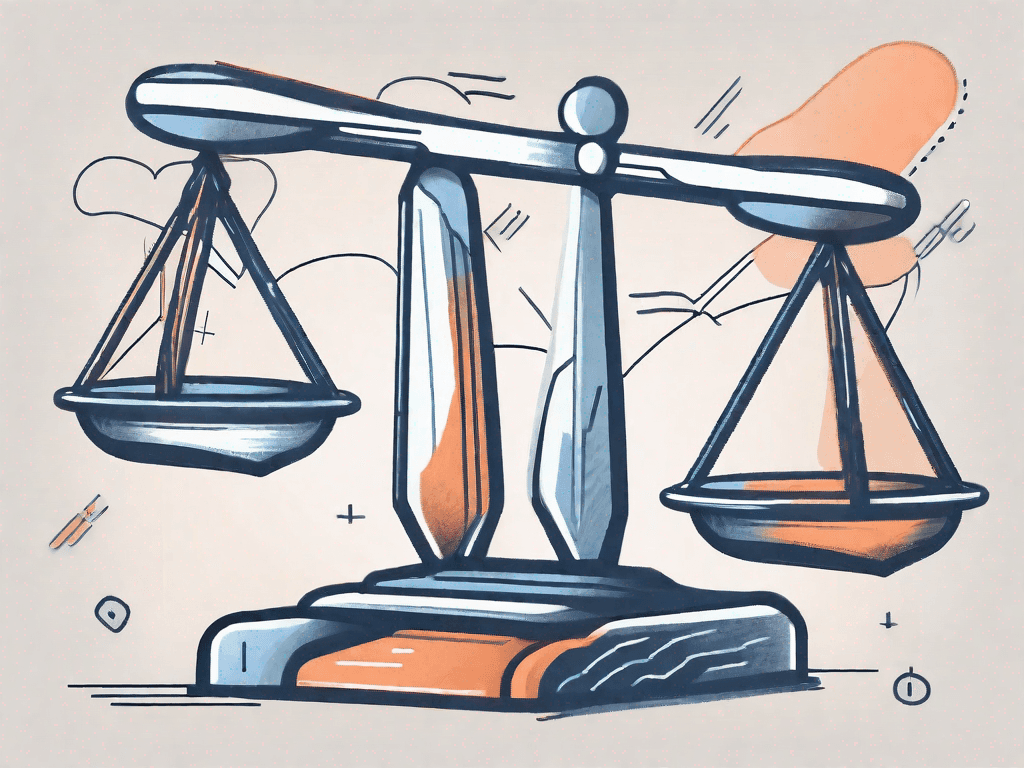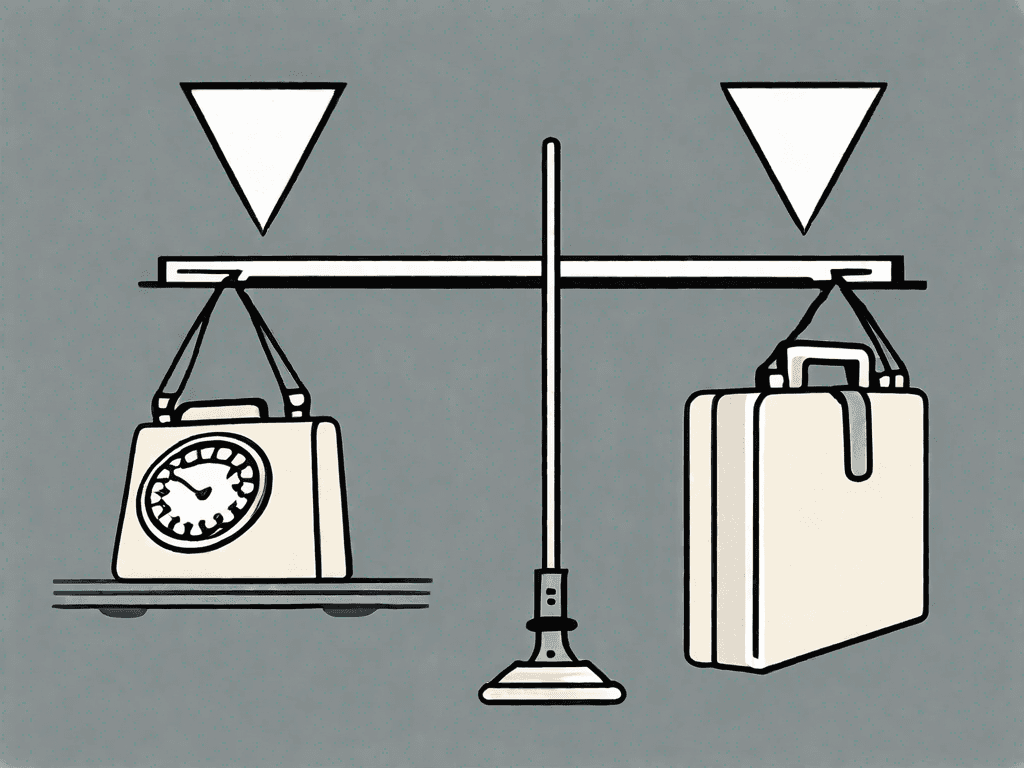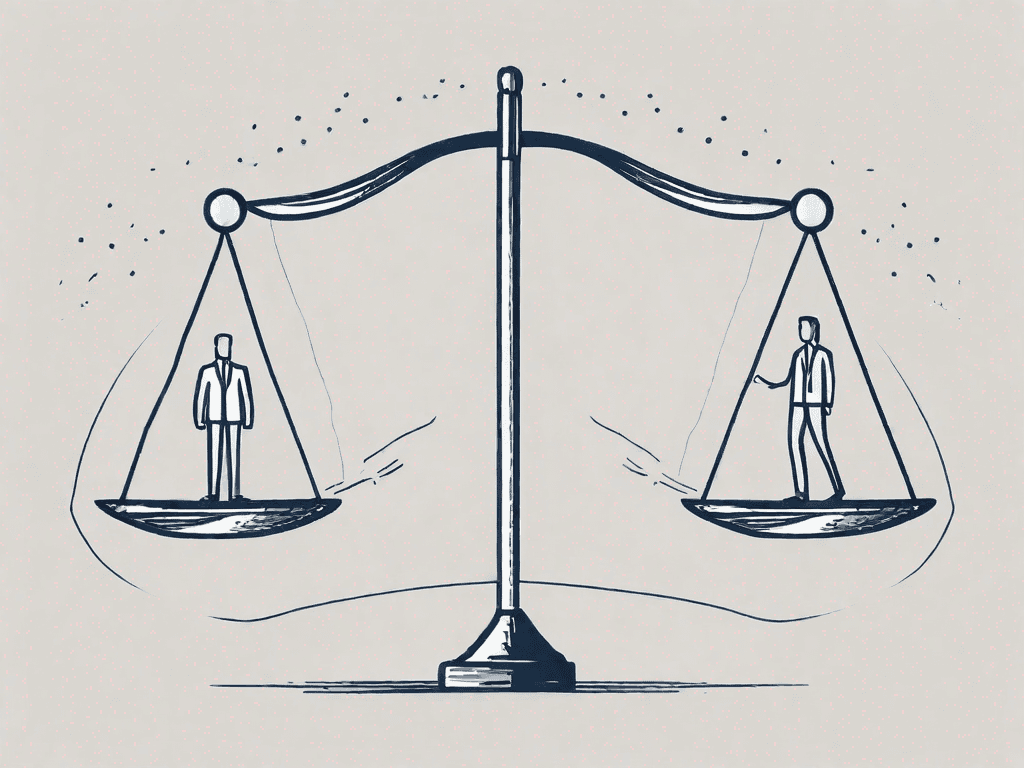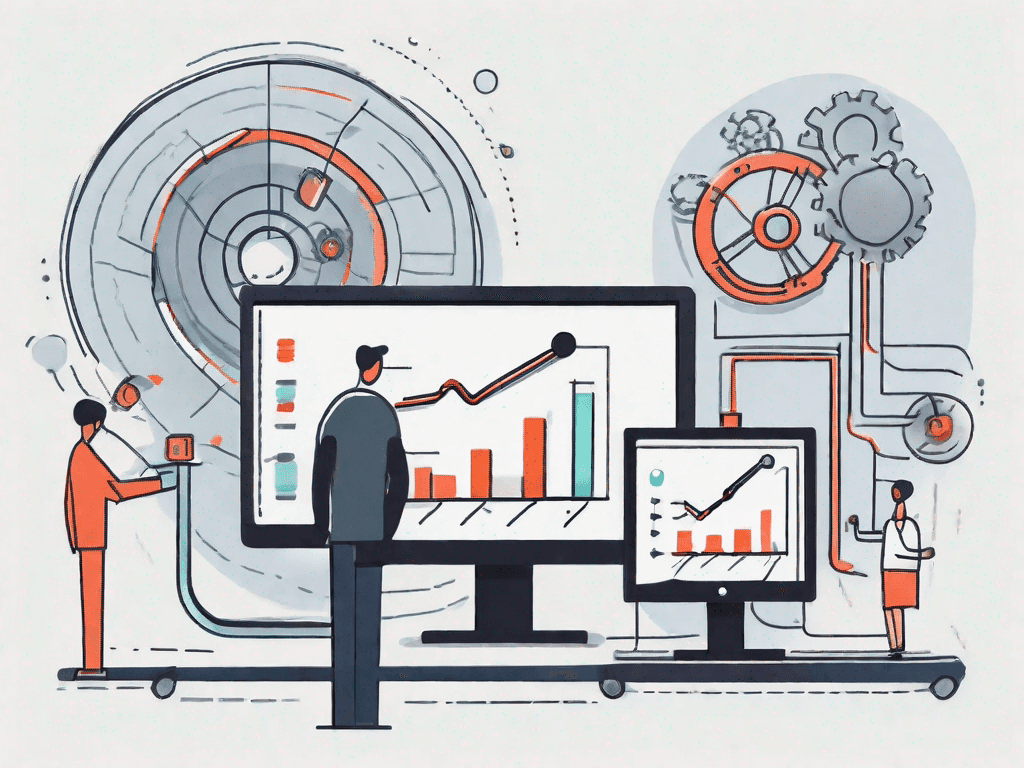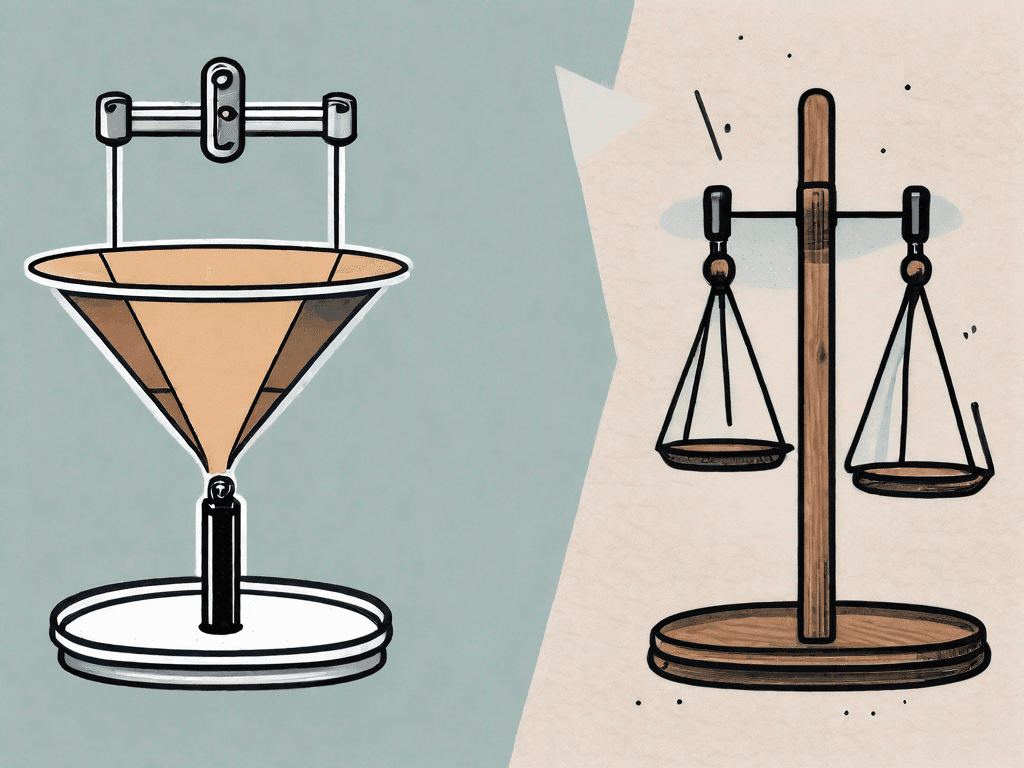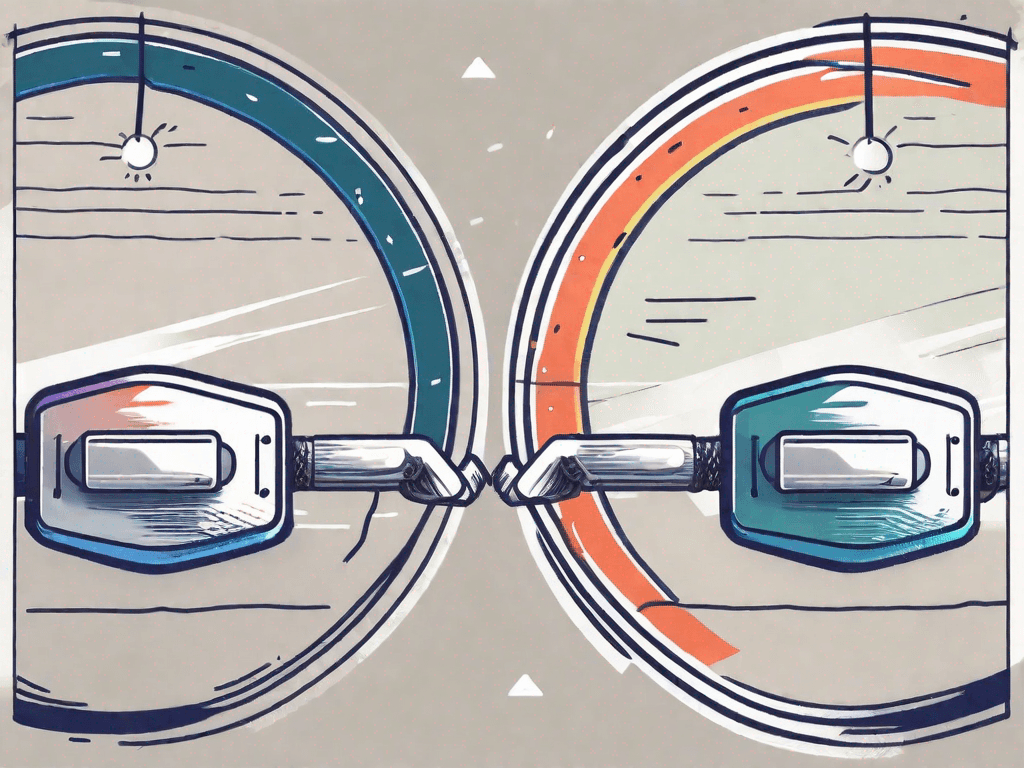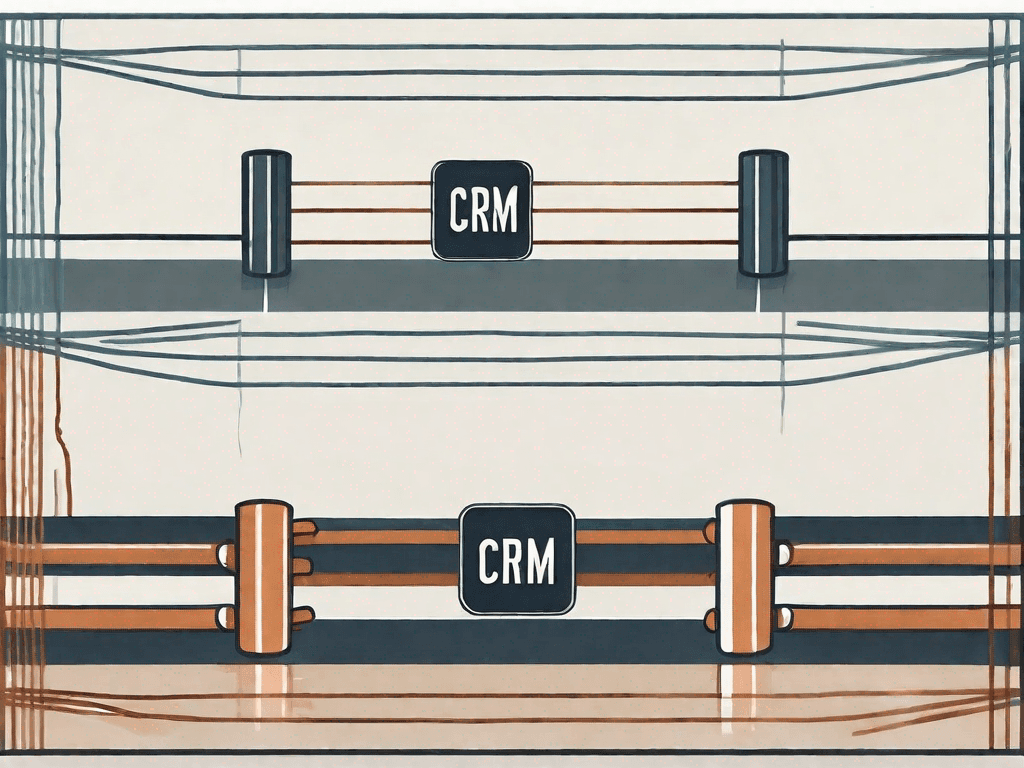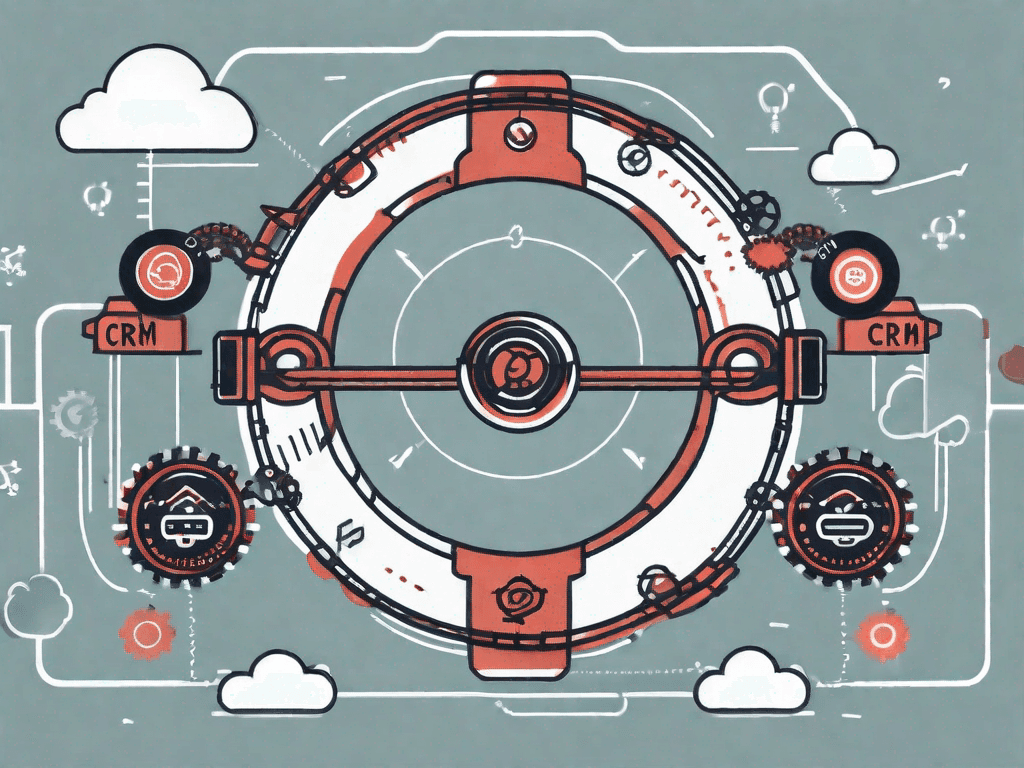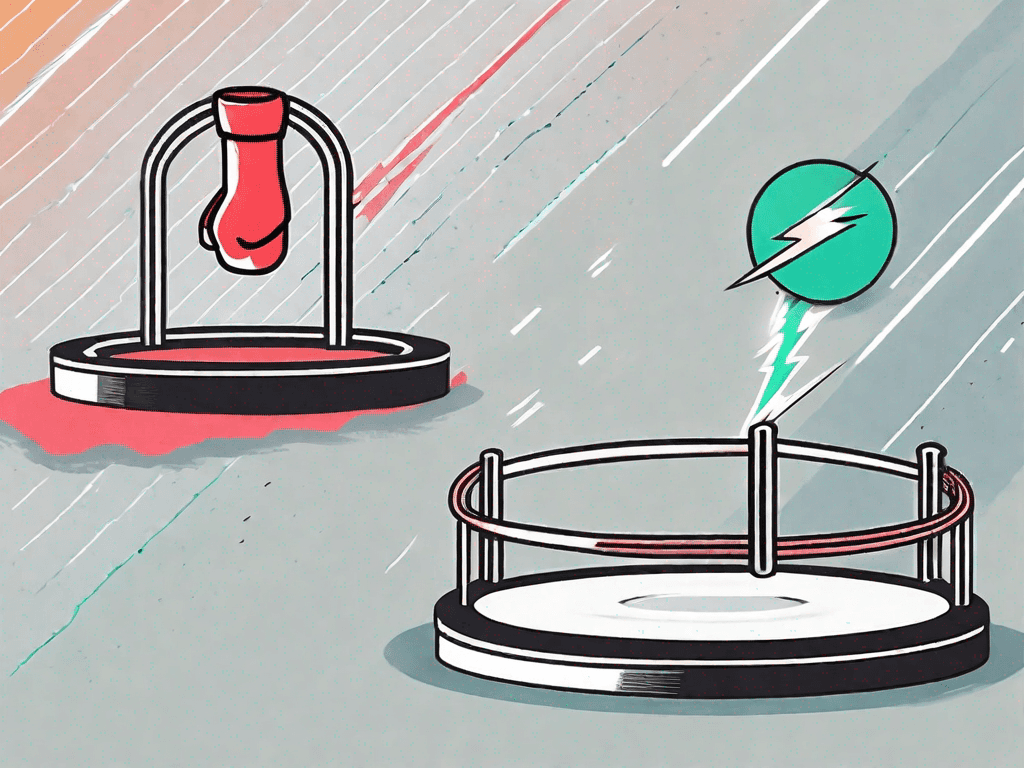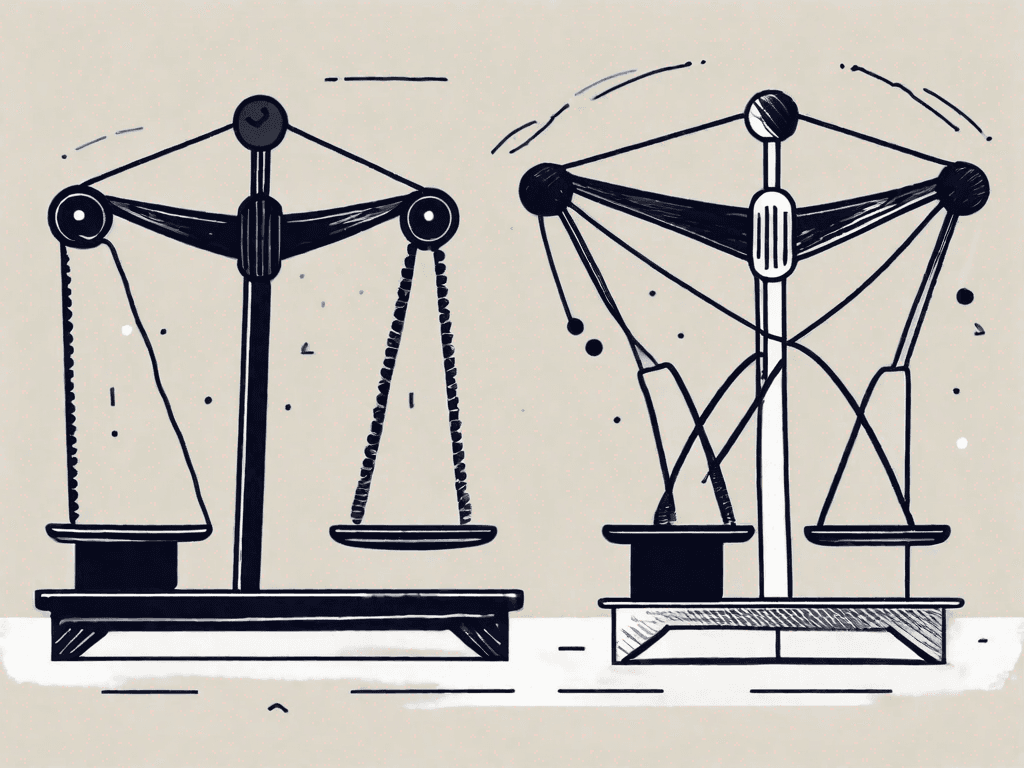
Salesforce vs Notion: Which CRM is the Best?
In today's digital age, customer relationship management (CRM) software has become an essential tool for businesses to effectively manage their customer interactions and enhance overall productivity. Two popular choices in the CRM market are Salesforce and Notion. Both offer unique features and benefits, but which one is the best fit for your business? In this article, we will compare Salesforce and Notion across different aspects to help you make an informed decision
1°) Pros and Cons of Salesforce and Notion
1.1 - Pros of Salesforce
One of the biggest advantages of Salesforce is its extensive functionality. It offers a wide range of features, including sales automation, marketing automation, customer service management, and analytics. This makes it a comprehensive solution for businesses looking to streamline their operations and improve efficiency.
Moreover, Salesforce provides businesses with the ability to customize their CRM experience. With its flexible framework, users can tailor the platform to meet their specific needs and workflows. This level of customization allows businesses to create a CRM solution that aligns perfectly with their unique requirements.
Another notable benefit of Salesforce is its strong integration capabilities. It seamlessly integrates with various third-party applications, allowing businesses to connect different systems and streamline their workflows. Whether it's integrating with popular marketing automation tools or connecting with accounting software, Salesforce offers a wide range of integration options to enhance productivity and efficiency.
Furthermore, Salesforce has a large and vibrant community. The availability of an active community means that users can easily access support, find answers to their queries, and connect with other users for insights and best practices. This community-driven approach fosters collaboration and knowledge sharing, enabling businesses to maximize the value they get from Salesforce.
1.2 - Cons of Salesforce
Despite its many advantages, Salesforce also has some drawbacks. One of the main concerns is its cost. Salesforce is known to be relatively expensive, especially for small businesses with limited budgets. The pricing structure can be complex and can quickly add up, especially if you require additional features or user licenses.
Additionally, Salesforce can have a steep learning curve for users who are new to CRM software. Its extensive functionality can be overwhelming for beginners, and it may take some time and effort to fully understand and utilize all the features effectively. However, Salesforce provides extensive training resources and documentation to help users overcome this learning curve.
Another potential drawback of Salesforce is its reliance on internet connectivity. Since it is a cloud-based CRM platform, users need a stable internet connection to access and use Salesforce. This dependency on internet connectivity may pose challenges for businesses operating in areas with limited or unreliable internet access.
Furthermore, as Salesforce is a widely adopted CRM solution, it may face some competition for resources and support. This means that during peak times or when seeking specialized assistance, businesses may experience delays or limitations in accessing support from Salesforce.
1.3 - Pros of Notion
Notion is a versatile and highly customizable CRM platform that offers a unique approach to managing customer relationships. One of its standout features is its flexible framework, which allows users to create tailored workflows and databases to suit their specific needs.
Moreover, Notion provides businesses with a visually appealing and user-friendly interface. With its intuitive drag-and-drop functionality, users can easily navigate and organize their data without requiring extensive technical knowledge. This ease of use makes Notion an attractive option for businesses looking for a CRM solution that can be quickly adopted by their team members.
In addition to its ease of use, Notion is also known for its collaborative features. It allows team members to collaborate in real-time, share information, assign tasks, and track progress, making it an ideal choice for businesses that prioritize teamwork and collaboration. Notion's collaborative features foster transparency and efficiency within teams, enabling them to work together seamlessly.
Furthermore, Notion offers a free version of its CRM platform, making it accessible to businesses with limited budgets. This free version provides basic CRM functionalities and allows businesses to experience the benefits of Notion before committing to a paid plan.
1.4 - Cons of Notion
Although Notion offers many benefits, it may not be suitable for all businesses. One limitation of Notion is its relatively limited integrations compared to Salesforce. While it does provide some integration options, the range may not be as extensive as those offered by Salesforce. This limitation may pose challenges for businesses that heavily rely on specific integrations to streamline their workflows.
Furthermore, Notion's reporting and analytics capabilities are not as robust as Salesforce. If your business heavily relies on in-depth analytics and reporting features, Salesforce may be a better choice. Notion's reporting capabilities may be more suitable for businesses with simpler reporting needs or those that are willing to use additional tools to supplement their reporting requirements.
Additionally, as Notion is a relatively new player in the CRM market, it may not have the same level of brand recognition and market presence as Salesforce. This may result in fewer available resources, support options, and a smaller community compared to Salesforce.
1.5 - Key Differences between Salesforce and Notion
When comparing Salesforce and Notion, it's important to consider the key differences between the two platforms. Salesforce is a more established and feature-rich CRM solution, catering to large enterprises with complex needs. It offers a wide range of functionalities and integrations, making it suitable for businesses that require a comprehensive CRM solution.
On the other hand, Notion offers a more flexible and user-friendly approach, making it suitable for small to mid-sized businesses or teams looking for a customizable CRM solution. Notion's focus on collaboration and its visually appealing interface make it an attractive option for businesses that prioritize teamwork and ease of use.
Ultimately, the best CRM for your business depends on your specific requirements, budget, and the level of complexity you need in a CRM solution. Both Salesforce and Notion have their strengths and weaknesses, and it's important to evaluate them based on your unique business needs before making a decision.
2°) How does Salesforce pricing compare to Notion?
2.1 - Salesforce Pricing
Salesforce pricing is divided into different editions, each with its own set of features and capabilities. The pricing structure can be complex and depends on factors such as the number of users and additional features required. The editions range from the more affordable Salesforce Essentials to the comprehensive Salesforce Unlimited edition.
2.2 - Notion Pricing
Notion adopts a simple and transparent pricing model. It offers a free plan with basic features that can be suitable for individuals or small teams. For businesses or teams with more extensive requirements, there is a paid plan available at a fixed monthly cost per user.
2.3 - Pricing comparison
When comparing the pricing of Salesforce and Notion, it's essential to consider the specific needs of your business. Salesforce may offer more features and functionality, but it comes at a higher price point. Notion, on the other hand, provides a more cost-effective solution for businesses with simpler CRM requirements.
3°) How do Salesforce integrations compare to Notion?
3.1 - Salesforce integrations
Salesforce boasts a vast ecosystem of integrations with various third-party applications. Whether it's email marketing software, document management tools, or project management platforms, Salesforce offers extensive integration options to enhance your CRM capabilities.
3.2 - Notion Integrations
Notion provides some integration options, although the range may not be as extensive as Salesforce. Notion integrates with popular productivity tools and services such as Google Drive, Slack, and Trello, allowing users to connect different systems and streamline their workflows.
4°) Which one is the Best for You
4.1 - The Best for Salespeople
For salespeople, both Salesforce and Notion offer valuable features. Salesforce's robust sales automation capabilities, extensive reporting, and analytics make it a powerful tool for managing sales pipelines. Notion, on the other hand, provides a more customizable approach that can be tailored to fit individual sales workflows and preferences.
4.2 - The Best for Consultants
Consultants can benefit from the comprehensive features offered by Salesforce. It allows consultants to effectively manage their client relationships, track projects, and analyze data. Notion, with its flexible framework, can also be a suitable option for consultants looking for a customizable CRM solution.
4.3 - The Best for Digital Marketing Agencies
For digital marketing agencies, Salesforce's robust marketing automation capabilities, lead tracking, and campaign management features make it an ideal choice. Notion, with its collaborative features and customizable workflow, can also be a valuable tool for managing marketing campaigns and collaborating with team members.
Final Thoughts
When choosing between Salesforce and Notion, it's essential to consider your specific business needs, budget, and user preferences. Salesforce offers a more established and feature-rich CRM solution, while Notion provides a more flexible and customizable option. Evaluate your requirements and leverage the information provided in this article to make an informed decision and choose the CRM that aligns best with your business goals and objectives.
















































































































































































